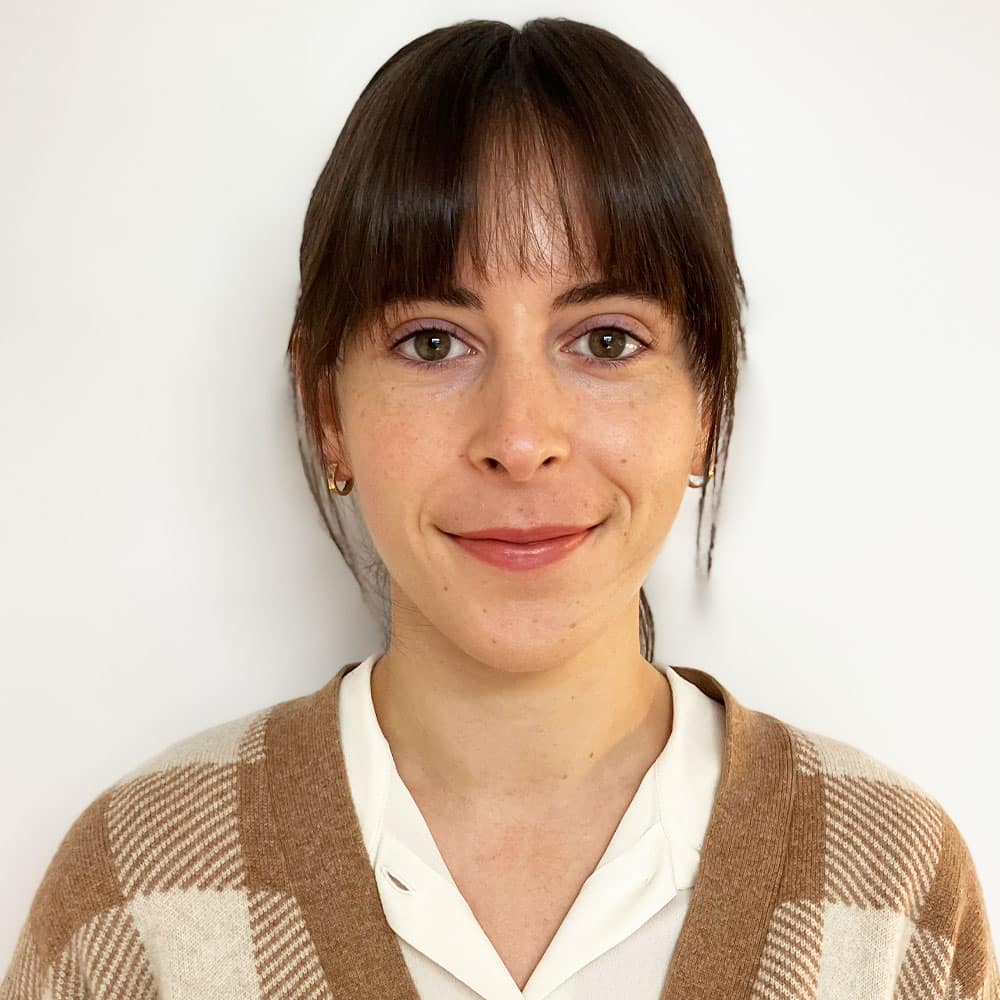
Ms Isabelle Weld-Blundell, is a researcher at the University of Melbourne. She first became involved in MS research over five years ago because she wanted to make a meaningful difference in the lives of people with MS.
While undertaking her Doctor of Medicine program, Ms Weld-Blundell has continued to work towards improving MS care. Her current focus involves researching screening tools to assess the social needs of people living with MS.
Ms Weld-Blundell hopes her team’s work may be used in the Australian MS care setting to provide benefits for people living with MS. Ms Weld-Blundell also enjoys scuba diving and collaborating with other passionate researchers to work toward a shared goal.